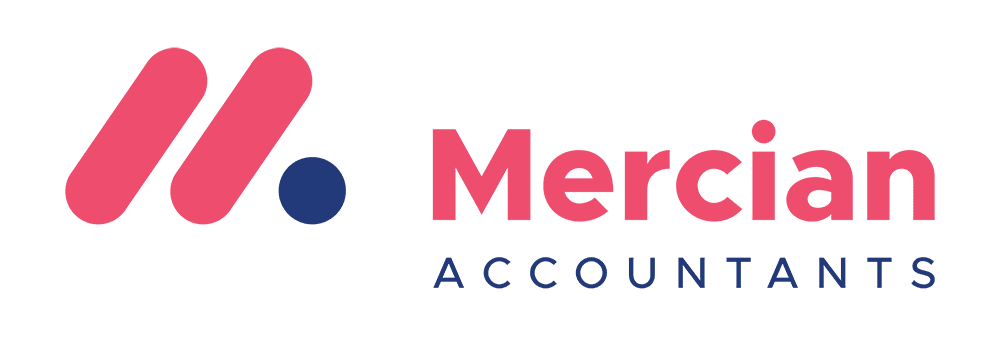Navigating the £5,000 UK Employment Allowance: A Guide for Small Businesses

In the fiscal landscape of the UK, the Employment Allowance stands out as a beacon of support for small businesses. Enhanced to £5,000 for the 2023/24 tax year, this initiative offers eligible employers a significant reduction in their National Insurance (NI) contributions. This article delves into the workings, eligibility, and claiming process of the Employment Allowance, providing a comprehensive understanding for business owners.
How Does the Employment Allowance Work?
The Employment Allowance is designed to bolster smaller businesses by reducing their employers’ Class 1 NI liability by up to £5,000 each tax year. This allowance is applicable per business, not per employee, making it a valuable asset for small enterprises managing payroll liabilities.
Who is Eligible?
Eligibility for the Employment Allowance is specifically tailored to small businesses. Companies with an Employer NI bill exceeding £100,000 in the previous tax year are ineligible. Additionally, certain other criteria need to be met:
- Sole traders, partnerships, and limited companies with employees are eligible.
- Limited companies employing only directors can claim if two or more directors earn above the NI secondary threshold.
- Businesses involved in domestic employment (e.g., employing a nanny or gardener) or those working primarily in the public sector are excluded.
- Exceptions exist for IT service providers to government agencies or those offering security and cleaning services to public buildings.
Claiming the Employment Allowance
Claiming the Employment Allowance is integrated with the Real Time Information (RTI) submissions to HMRC. Businesses can claim at any point during the tax year, and the allowance is automatically deducted from the monthly employer NICs until the total £5,000 benefit is utilized.
Why Are Self-Employed Individuals Excluded?
A notable exclusion from the Employment Allowance is the self-employed sector. Sole traders and contractors, who typically pay Class 2 and Class 4 NI contributions, do not qualify for this allowance. This policy underscores a broader governmental approach that often overlooks the nuances of self-employment in tax reliefs.
Impact on Small Businesses
The Employment Allowance has a tangible impact on small businesses. For example, a company with an employee earning £22,000 annually incurs an Employer NI of approximately £1,780.20 per year. With the Employment Allowance, this entire amount falls within the £5,000 limit, nullifying the Employer NI for that employee for the tax year. However, only the excess amount is payable after utilising the allowance for higher salaries that result in Employer NI exceeding £5,000.
Final Thoughts
The Employment Allowance represents a significant step in supporting small businesses, reducing the burden of National Insurance contributions and fostering a more conducive environment for growth and sustainability. However, its selective eligibility criteria and exclusion of self-employed individuals highlight areas where further refinement could enhance its reach and effectiveness.
Maximise Your Business Benefits with the £5,000 Employment Allowance
Discover How with Mercian Accountants
Navigating the intricacies of the Employment Allowance can be challenging. Let Mercian Accountants be your guide in unlocking the full potential of this valuable opportunity. Our expert team is dedicated to helping small businesses like yours benefit from the £5,000 Employment Allowance.
🔍 Tailored Assessments: We’ll evaluate your eligibility and ensure you meet all criteria.
💷 Strategic Planning: Maximise your savings and improve your financial health.
📝 Seamless Claiming Process: Our professionals handle all the paperwork, ensuring a hassle-free experience.
📈 Boost Your Business: Leverage our expertise to enhance your company’s financial efficiency.
Contact Mercian Accountants today and take the first step towards leveraging the Employment Allowance to its fullest potential for your business.
